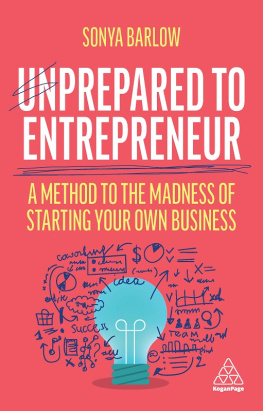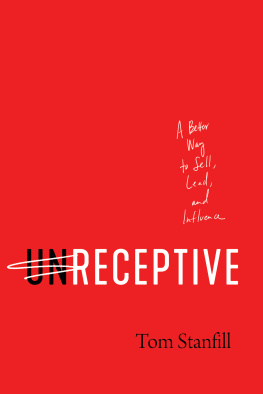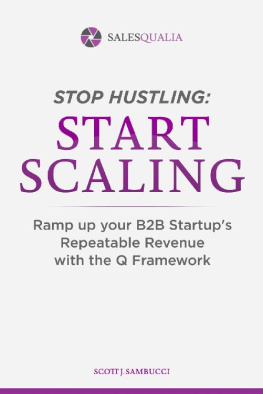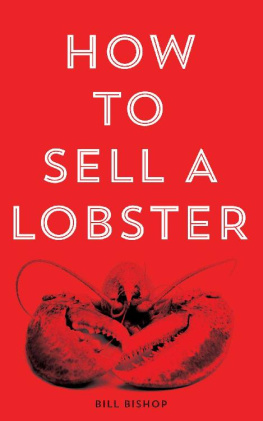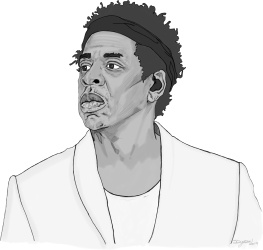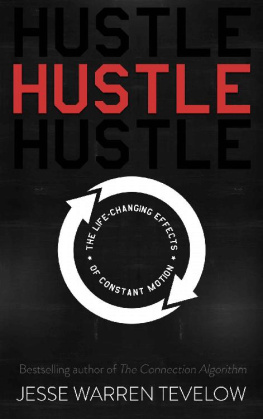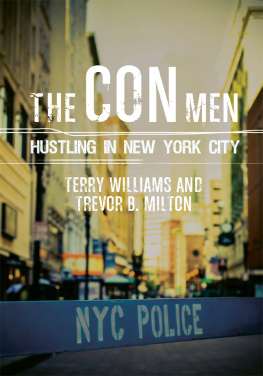FOREWORD
by FARAI GUNDAN
C
The promise of Africa can be better understood by studying the life and work of Sbusiso Arthur Leope. He epitomises the potential of the continent and the power of its demographic dividend, particularly the youth of Africa and the audacity of faith they have for the continent. An economic revolutionary in his own right, Sbusiso stands at the forefront of the transformation that is sweeping across the region. As a celebrated public figure and serial entrepreneur, Sbusiso embodies the principle that the opportunity of a lifetime must be seized in the lifetime of the opportunity. His life and work lie at the intersection of the imminent collective rise of the continent and the individual fortitude, grit and heart of making that rise a reality.
To be sure, Africa stands at the brink of greatness as we have never witnessed before; opportunities abound in technology, education, extractive industries whether it's mining or oil and gas agro-business from farming to value addition through the Fast Moving Consumer Goods (FMCGs) sector, construction in real estate to infrastructure, science and medical innovation. According to the World Bank, Africa has six of the worlds ten fastest growing economies with Ghana (8.3 per cent growth rate) and Ethiopia (8.2 per cent growth rate) leading the pack. With a population of 1.2 billion people and a burgeoning middle class (300 million), Africa has a massive consumer base, a marketplace that rivals China. The continent is also very resource rich and has approximately 600 million hectares of uncultivated arable land, almost 60 per cent of the global total. All of which have produced billionaires of the likes of Aliko Dangote (Nigeria), Strive Masiyiwa (Zimbabwe), Patrice Motsepe (South Africa), Mo Dewji (Tanzania), Folorunso Alakija (Nigeria), Daphne Mashile-Nkosi (South Africa).
There is a new generation of remarkable young disruptors, change agents and exceptional innovators, who are taking cues from their African billionaire predecessors and are innovating around the continents challenges in fresh and exciting ways. It is the firm grit, unrelenting passion and laser focus of entrepreneurs like Sbusiso who are ushering in transformation in their respective industries and national economies and, at the same time, helping Africa to harness and capitalise on its demographic dividend. From the success of his media career in music, radio and television to his business ventures, through TS Records, Vandal clothing line, and now Leadership 2020, MoFaya Beverages and Loko Flame, Sbusiso is challenging the traditional business model and changing the way business is done on the continent. Using social media to showcase his entrepreneurial prowess, Sbusiso has penetrated deep into the hearts of the masses of South Africa in advancing his brands.
From the dusty township of Tembisa (a large ghetto north of Kempton Park in Gauteng, South Africa), crowded commuter terminals of downtown Johannesburg, traffic-heavy freeways of Sandton, commercial flights to the United States of America, to the auditoriums of American Ivy League institutions and everywhere in between, Sbusiso has consistently evangelised his empowerment message for products made by Africans for Africans and for the rest of the world. Armed with a black, gold and red can of his energy beverage drink MoFaya and his signature raspy gruff voice he has become a household name. Sbusisos meteoric rise from the ghettos of Johannesburg to signing multimillion rand business deals, and being known personally by the president (of South Africa), has enabled an entire generation of marginalised youth, men and women to believe that they too can rise from despair and destitution. His relentless drive and unbridled passion for African excellence, has made him the definitive youth leader and entrepreneur of his generation.
We are often mesmerised by the glamorous lives and over-hyped stories of our modern day heroes and heroines. We see the trappings of their fortunes: their private jet-setting lives, vacations on yachts on the French Riviera or luxury-branded lifestyles. It becomes easy to cast aside how they even got to where they are. Sbusiso is no exception to this as most people in southern Africa see only the superstar status of his life. With that in mind, I will step back to reflect on my personal encounter and journey with him. We have a shared history that adds perspective to the man who is unfolding before the nation.
Sbusiso and I first met on a humid summer day in New York City at a restaurant in the meatpacking district of Manhattan. The night before, he had played at a packed lounge in Manhattan, his first DJ engagement in the United States. Our introduction then was brief because he was in the middle of his set. The crowd was completely enthralled with his signature genre of house music and awestruck by him as a South African celebrity and popular DJ. His passion for his craft was palpable, and with each track the crowd of fans went into a heightened frenzy. Not surprising because after all his record label was responsible for hit songs such as Remember When It Rained , Bumpa , Sekele , and Lengoma .
The following day, I recall sitting next to him as we munched hors doeuvres while waiting for our main course. A large party made up primarily of friends and members of his team that had travelled with him from South Africa joined the lunch meet-up. I was interviewing him as we dined alfresco against the backdrop of the meatpacking districts cobblestone streets with the swanky hotels, in vogue restaurants, high-end fashion designer stores, swarming with New Yorkers and tourists, and the contemporary High Line elevated park on the horizon. True to form, Sbusiso was the life of the lunch, providing humorous and effervescent commentaries of his initial take on the Big Apple. The magnitude of the trip was not lost on me or even him, a boy from Tembisa, a large ghetto just outside Johannesburg, who had peddled toys, clothes, calculators and anything he could get his hands on, on the streets of Hillbrow and Yeoville (two urban residential neighbourhoods in Johannesburg), ultimately rising through the ranks of radio from YFM, to Metro FM and television, capturing the hearts of families across southern Africa with his music, signature voice and unrivalled work ethic. And here he was DJing and sightseeing in the capital of entertainment, shopping in the epicentre of fashion, and transacting in the financial hub of the world. In the age of Facebook, that trip to New York City was a testament to the youth of South Africa who followed his social media account that anything was possible in spite of the legacies of apartheid.
Our connection in New York City yielded big results and was the start of a lifelong friendship and partnership. I struck a deal with Sbusiso to develop an entertainment segment for his popular afternoon drive radio show, Sound Revival on Metro FM, the national broadcaster with massive reach across South Africa. Those were heady times for me and for Sbusiso; I was quietly pursuing a career in corporate America and freelancing in media during the weekends. Sbusiso, on the other hand, had launched his Vandal lifestyle T-shirt line and kept dropping hit song after hit song through his eponymous record label, TS Records, which he co-owned with his business partner, Thembinkosi TK Nciza. His popularity in South Africa was soaring; he was winning music, radio, and television awards, garnering accolades as a youth leader and rising entrepreneur. Magazine covers revelling in him as a maverick DJ, artist and businessman hit news-stands frequently; TS Records was a giant in the South African kwaito music scene, with hit songs by Mzekezeke, DJ Sbu and the record label also managed artists like the late ProKid and Brown Dash and Afro-pop sensations Zahara, Nhlanhla Nciza, and Lungelo.



